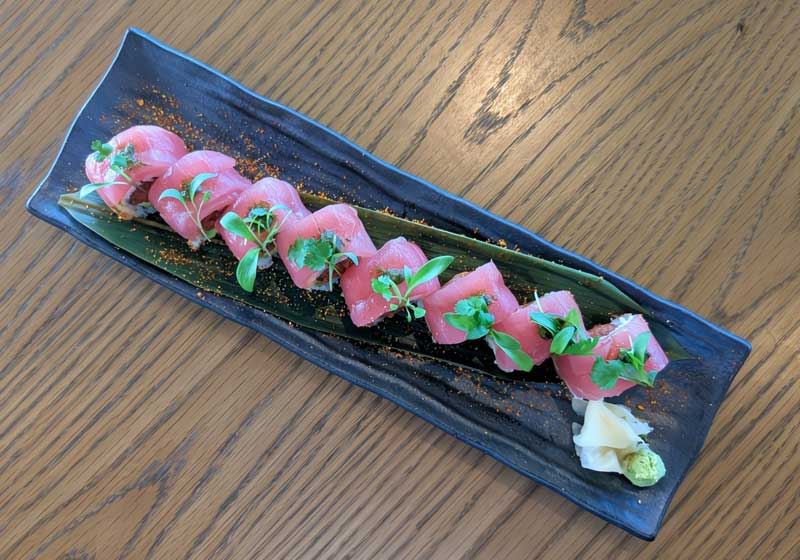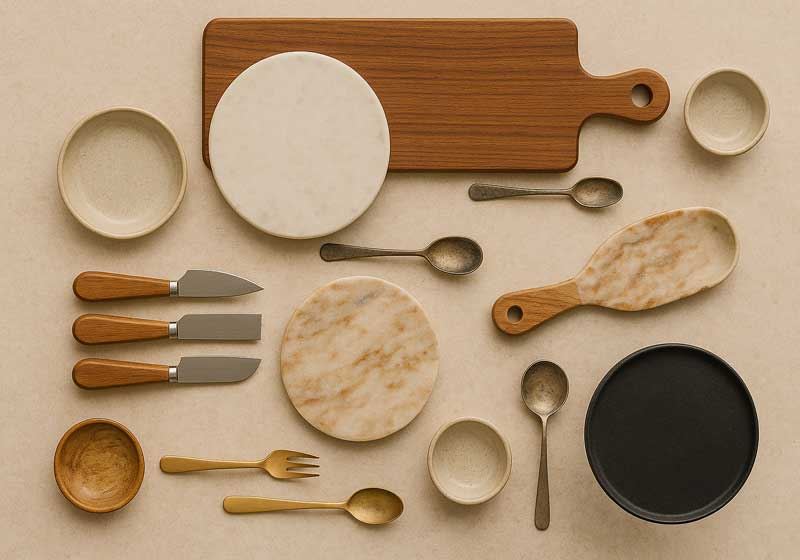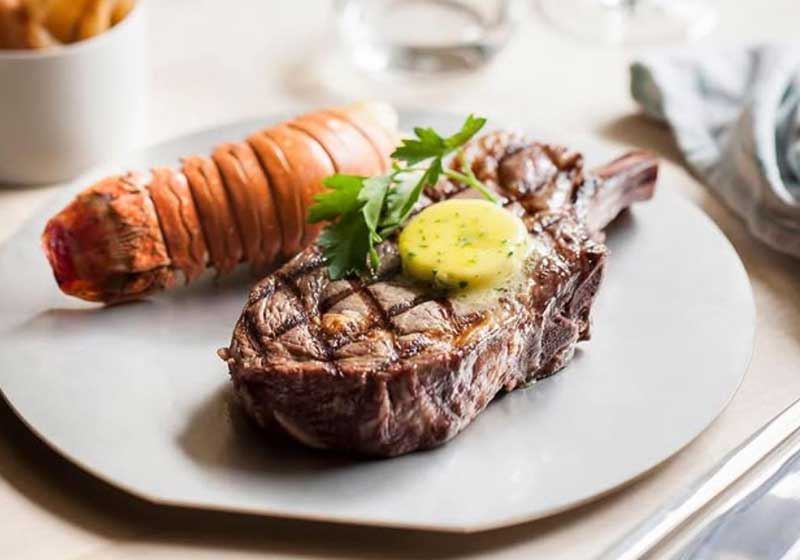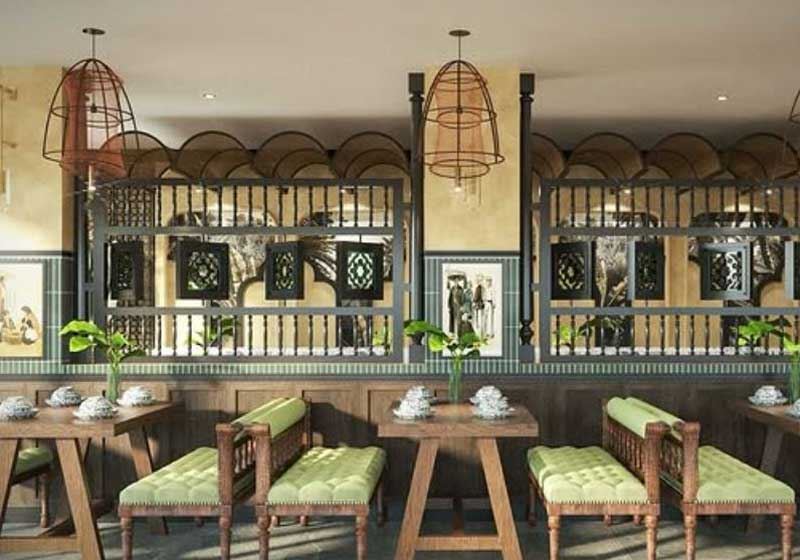By Laura Rancie.
Years ago during my Jamie Oliver stage, I became entranced with ‘Jamie’s Italy’, primarily for the photography of the Italian Nonnas in the regions he would visit. They were often short, with hair up in nets and some sort of weathered blue apron on them.
They were always holding a beautiful big dish of fresh pasta, or the photography zooming in on their perfectly wrinkled hands that had spent a lifetime mixing 00 flour,or perhaps semolina with warm salted water or egg, creating that perfectly soft pillowy dough and then cutting, shaping, rolling…perfecting. All this as an act of love for their family.

Calabria, Italy.
I again experienced that same deep sense of reverenced awe and wonder a few years later, when I came across a YouTube channel that became a huge hit – you too may know it, 'Pasta Grannies'.
The show’s host would find and film Italian Nonnas who still make pasta by hand - a tradition that is disappearing in Italy. The question must be asked, as the art of pasta making and the Nonnas slowly die out and pasta becomes more of a commercial activity rather than a Sunday afternoon with the family around the table, a domestic activity…who is going to pass on and make the ancient recipes?
Vicki Bennison took it upon herself to create the 'Pasta Grannies' project and I highly recommend you watch a short 3 or 4-minute episode if you haven’t already. You’ll be invited into the apartments, homes and kitchens of insanely talented Nonnas. Episode names will guide you on what to watch, with titles like ‘84-year-old Vanna Makes Corzetti with her great-grandchildren’ or ’93-year-old Elda Makes Tagliatelle with a Delicious Pork Ragu’ and ‘89-year-old Margherita Cooks Fettucine with Rabbit Sauce from Ischia’.

101-year-old Concettina, 'Pasta Grannies'.
Let’s spend some time with 95-year-old Giuseppa, from the town of Ozieri with a population of about 11,000 inhabitants in Northern Sardinia. It was believed she was the oldest pasta-making Nonna in the world until 101-year-old Concettina from Calbria was outed by her 101-year-old school friend, Biagio. After all, Calabria is known as just one of the several regions in Italy to have an unusually high number of centenarians.
However, currently, it is 103-year-old Irma taking the win as the oldest pasta-making Nonna, with her famous tagliatelle in the rural hills, South of Modena. Irma is known locally for her 1 km walk every single day.
It is back with Giuseppa that our story unfolds. Like many of these Italian Nonnas, she has remained in her hometown her entire life, making pasta every single day since she was a young girl. Giuseppa, like many other pasta Nonnas, only speaks Italian and has never left her hometown; they wear the typical flour-stained aprons and knead with expert finesse, albeit on a stool as she cannot properly knead the dough without the extra height. The pasta speciality here in Sardinia is called macarrones de ungia, (translated to fingernail macaroni).
It is back with Giuseppa that our story unfolds. Like many of these Italian Nonnas, she has remained in her hometown her entire life, making pasta every single day since she was a young girl. Giuseppa, like many other pasta Nonnas, only speaks Italian and has never left her hometown; they wear the typical flour-stained aprons and knead with expert finesse, albeit on a stool as she cannot properly knead the dough without the extra height. The pasta speciality here in Sardinia is called macarrones de ungia, (translated to fingernail macaroni).
Once the dough is formed and firm, Giuseppa kneads it into a fat sausage shape, then breaks some off to roll it into a longer thin sausage shape. Then one at a time, she breaks tiny fingernail portions off and runs them over a metal grater to create the specific shape that this pasta carries.

Giuseppa, from 'Pasta Grannies'.
The common element to Giuseppa and all other pasta Nonnas like her – are their tiny, much-loved and well-used kitchens - the dishwasher is the Nonna as there are not often microwaves or other fancy appliances. Time-tested and worn kitchen tools are favoured, over modern technology or ease - it’s what they’ve always known and are most comfortable with.
Homemade passata and herbs from their veggie gardens rule as the day-to-day go-to and it is over the making of the passata, the picking of the herbs, the rolling of the dough and the boiling of the water that grandchildren are raised, stories are shared, connection and family is a priority. That life is simple and centred around…pasta.









